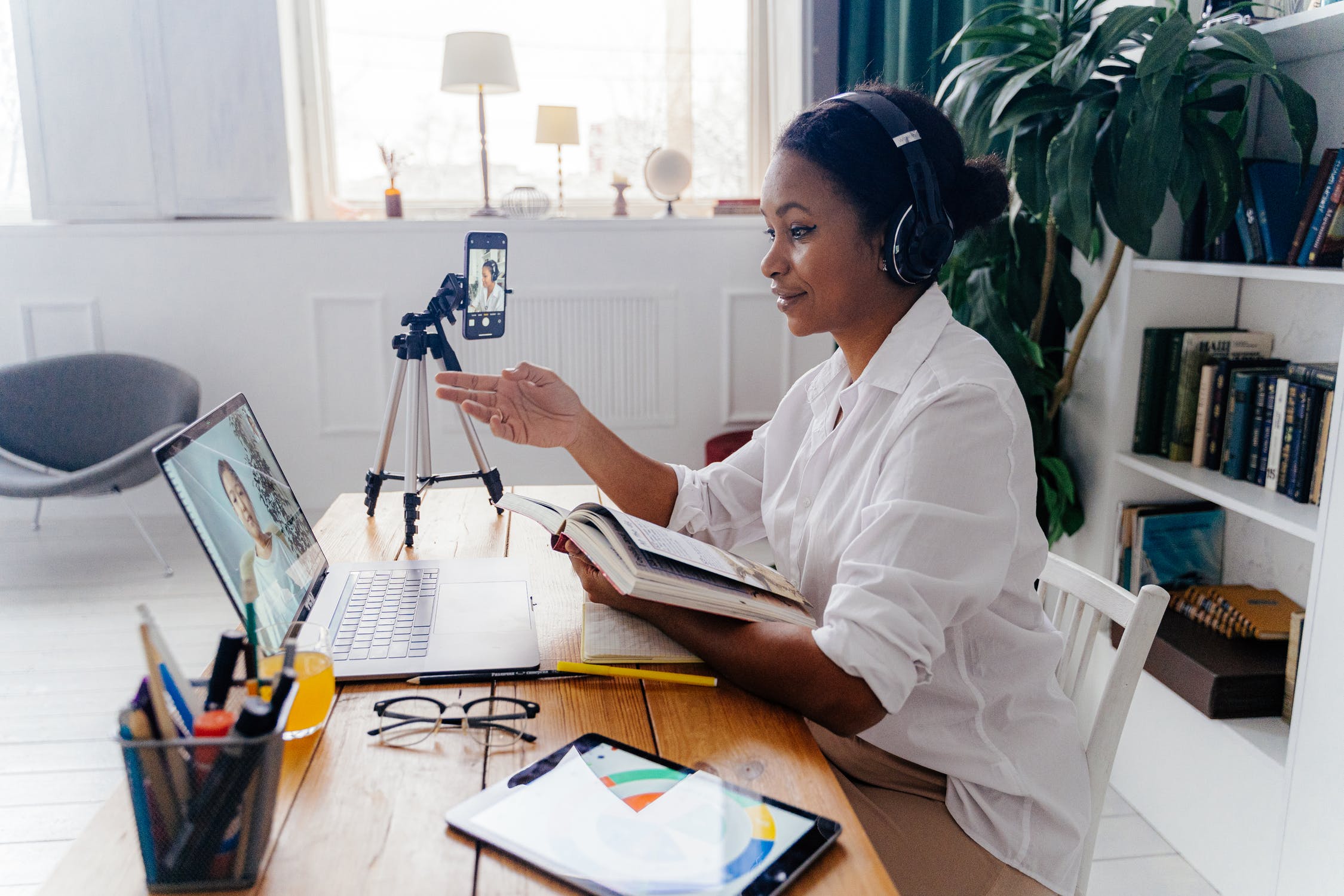Learning Gain and Confidence Gain: Measuring Student Learning
Ahead of the Measuring Learning Gain in Higher Education forum taking place on Tuesday 4 December, Dr Fabio Aricò, Senior Lecturer in Macroeconomics and Learning Gain Lead, University of East Anglia shares his thoughts on the relationship between confidence gain and learning gain.
Confidence in our abilities is one of the most important drivers of our success. We can be highly educated and well trained, but if we are not aware of our abilities, and we do not have trust that we can use them effectively, how can we possibly succeed at what we are doing?
As a higher education lecturer, I face the daily challenge of guiding school-leavers through their ultimate academic journey. A transition from school pupils to independent learners, and from university students to young professionals, in a labour market that becomes increasingly more competitive. Even though many believe that my job is just about imparting knowledge, I spend a great part of my office hours patting shoulders, dispensing encouraging wisdom, and re-assuring my students that they are going to be fine. I learnt by experience that my job is not just transferring knowledge and forging skills, but also ensuring that my students develop confidence in their own ability to learn and accumulate skills, so that they can be independent, secure of what they know, as well as curious and determined to master what they do not know yet.
It is on the basis of this experience that I decided to embed academic self-efficacy –defined as student confidence at performing academic tasks and achieving academic objectives– as one of the learning outcomes of each of the curricula I teach. I use self-assessment tasks to train students to reflect upon their own understanding. Support is available, if remedial actions are needed; praise and encouragement are given, if students are on track.
Learning technologies, such as student response systems, allow me to establish an ongoing dialogue in the classroom. They help me to facilitate an active learning environment even in large classes. They help me to give and receive feedback in real time. They also help me to gather a large base of learning data, which I can then use to evaluate learning as it happens, analyse learning patterns, and adjust my teaching in real time.
Over the past years of my service at the University of East Anglia, I have built a very effective pedagogical approach which combines quizzing tasks, discussion tasks, and self-assessment tasks. Students face questions alone to begin with, then they self-assess their ability at performing the task. After this first stage, students are free to discuss the task and exchange ideas. Finally, the same question is posed to them again, and the same self-assessment task is run a second time. I can intervene and provide further suggestions and information, if need be, but students are at the centre of the learning experience. The comparison of student performance before and after discussion allows me to define ‘learning gain’, while the change in students’ self-assessment statements defines a measure of ‘confidence gain’.
Analysing the data emerging from this learning environment, I was able to obtain the evidence-base to demonstrate its effectiveness. Peer-instruction helps students to learn. Moreover, when students learn, confidence increases as well. My students are my partners in this journey; they generate the data, but they also help me to analyse them, and to evaluate results. The pedagogy is easily transferable across many disciplines and it is easily scalable, if facilitated through learning technologies.
The HEFCE/OfS Learning Gain Project enabled me to test my pedagogical approach and give it a wider purpose, by disseminating it to a wider audience, both nationally and internationally. I feel strongly that the project has been beneficial to the whole HE sector. It might have highlighted that the quest for easy metrics of learning and teaching effectiveness is not an easy one. Yet, over its development, the Project has facilitated a dialogue among institutions and colleagues from different disciplines. Friendships and partnerships have been built. Educators have engaged in the debate with passion and energy, and I take pride to be one of them.



